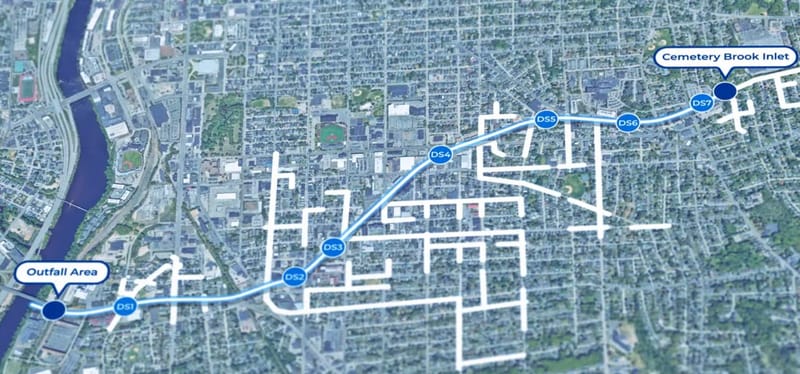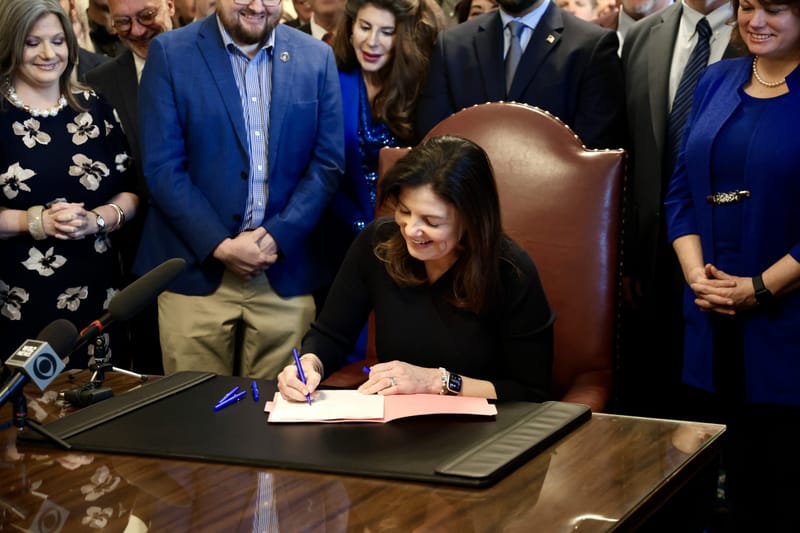New Hampshire’s expands ‘No Surprises’ medical billing law
State residents with health insurance who go to an in-network medical facility for treatment but then get out-of-network services are further protected from surprise medical bills following passage of the state’s new “No Surprises” medical billing law.


CONCORD, NH – State residents with health insurance who go to an in-network medical facility for treatment but then get out-of-network services are further protected from surprise medical bills following passage of the state’s new “No Surprises” medical billing law.
The law was passed and signed earlier this month by Gov. Chris Sununu.
The law, formerly SB 173, is “a pivotal piece of legislation aimed at protecting consumers from unexpected medical bills” that “aligns state law with the federal No Surprises Act (NSA) and providing New Hampshire residents with robust protections against surprise medical bills from out-of-network providers,” the New Hampshire Insurance Department said in a news release Wednesday.
The new law goes into effect Jan. 1 and updates the state’s 2018 Balance Billing law to conform to the federal No Surprises Act by enacting the same requirements and prohibitions at the state level, the NHID said.
Key provisions include:
- It prohibits surprise medical bills from out-of-network providers for emergency medical services (excluding ambulance services) and any health care service rendered at an in-network facility. The 2018 Balance Billing law only covered anesthesiology, radiology, emergency medicine and pathology.
- It requires health carriers to cover relevant out-of-network services as if they were provided by in-network providers or facilities.
- It establishes an independent dispute resolution process to resolve disputes about the fair value of medical services provided by out-of-network providers. “This process will be expedited and less costly compared to the federal IDR process, which has faced litigation and administrative difficulties,” the release said.
The law does not cover ambulance services. What it does cover applies to out-of-network services at in-network facilities, and not to patients who choose to go out of network.
Balance billing is what an out-of-network provider would charge to close the gap between what insurance paid for an in-network service. The state’s 2018 Balance Billing law, and other No Surprises laws, stem from the fact that a patient would often not know they’d received out-of-network treatment at an in-network facility until they got a bill. For instance, a patient suffers a medical emergency and goes to what she knows to be an in-network hospital for treatment. While there, she receives a service that her insurance company and in-network providers agreed would cost $650. But it’s performed by an out-of-network provider, even though she’s at the in-network hospital, and they charge $950. A few weeks later, she gets a bill for the $300 difference, not even knowing that was treated outside of her insurance.
No Surprises laws require transparency at the time of treatment, and also a mechanism for insurers and providers to close the billing gap without involving the patient.
“The [new law] is a significant milestone in protecting New Hampshire consumers from unexpected medical expenses across a wide range of services,” DJ Bettencourt, NH Insurance commissioner, said. “This achievement represents the culmination of a three-year effort by the department and accomplishes one of my top priorities: ensuring that residents can fully focus on receiving the care they need without the concern of surprise bills from out-of-network providers.”
Bettencourt said the independent dispute resolution process “will be efficient – providing swift resolutions and ensuring accountability – all at a significantly lower cost to providers and carriers.”
The bill also expands the definition of emergency services to match the federal law’s definition. The federal NSA defines emergency services as “with respect to an emergency medical condition, an appropriate medical screening and any further medical examination and treatment that is required to stabilize a patient when furnished in relation to a visit to an emergency facility (and that is within the capabilities of the facility).” The definition also includes post-stabilization services.
The New Hampshire bill was reviewed and confirmed by the federal Centers for Medicare and Medicaid Services as a “specified state law” under the federal No Surprises Act.
New Hampshire was one of 23 states that had some form of No Surprises Act in place before the federal law was enacted. The federal NSA supplemented those state laws, rather than replace them. Since the New Hampshire law didn’t cover some of the services the federal one does, the new law was necessary to bring it up to date, but had to pass the CMS specified state law requirements.





